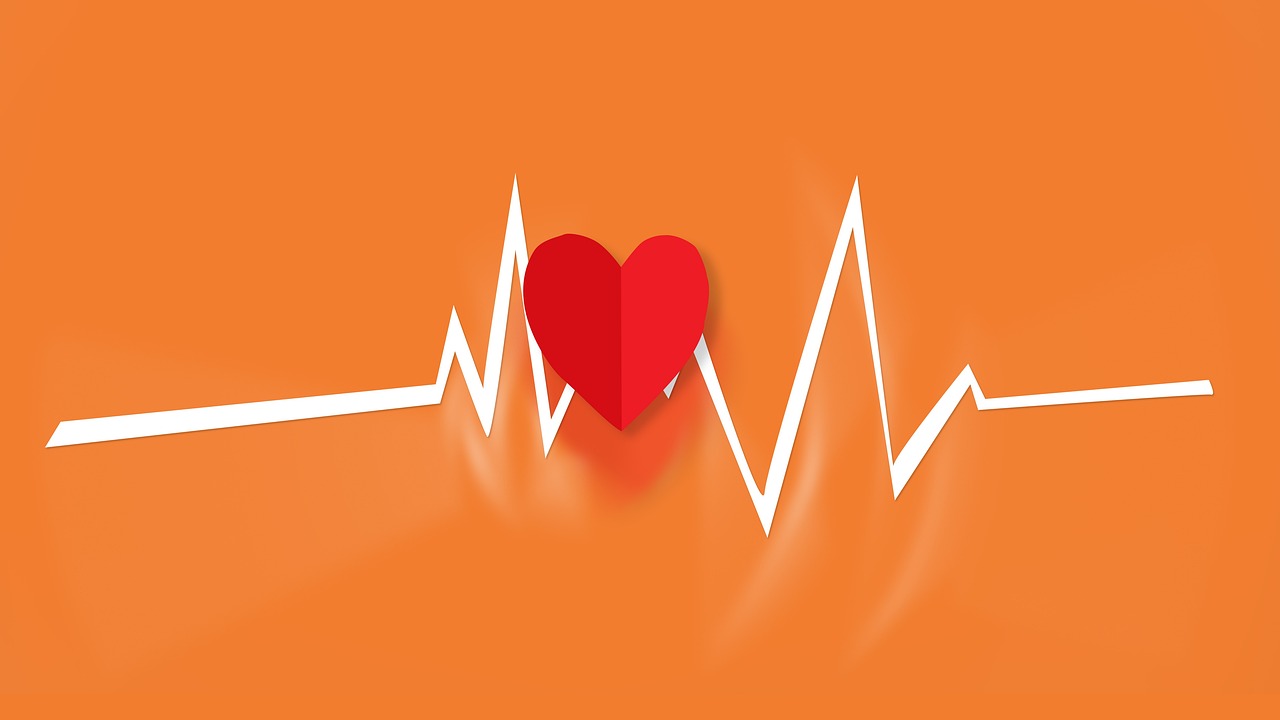Several common cardiovascular diseases:
Coronary heart disease: Coronary heart disease refers to insufficient blood supply to the coronary arteries, which often manifests itself as angina pectoris and myocardial infarction (interruption of the blood supply to the heart muscle).
Hypertension: Hypertension is a persistent elevation of arterial pressure that increases the burden on the heart and arteries and increases the risk of cardiovascular events such as heart disease and stroke.
Heart failure: Heart failure is the inability of the heart to pump blood effectively, resulting in the heart’s inability to meet the body’s needs. Common symptoms include shortness of breath, fatigue and edema.
Stroke: A stroke is a sudden interruption or rupture of a blood vessel supplying blood to the brain, resulting in damage or death of brain tissue. Common types include ischemic stroke and hemorrhagic stroke.
Arrhythmia: An arrhythmia is an abnormality in the electrical activity of the heart that causes the heart to beat at an irregular rate and rhythm. Common types of arrhythmias include atrial fibrillation and ventricular tachycardia.
Several common cardiovascular diseases:
Coronary heart disease: Coronary heart disease refers to insufficient blood supply to the coronary arteries, which often manifests itself as angina pectoris and myocardial infarction (interruption of the blood supply to the heart muscle).
Hypertension: Hypertension is a persistent elevation of arterial pressure that increases the burden on the heart and arteries and increases the risk of cardiovascular events such as heart disease and stroke.
Heart failure: Heart failure is the inability of the heart to pump blood effectively, resulting in the heart’s inability to meet the body’s needs. Common symptoms include shortness of breath, fatigue and edema.
Stroke: A stroke is a sudden interruption or rupture of a blood vessel supplying blood to the brain, resulting in damage or death of brain tissue. Common types include ischemic stroke and hemorrhagic stroke.
Arrhythmia: An arrhythmia is an abnormality in the electrical activity of the heart that causes the heart to beat at an irregular rate and rhythm. Common types of arrhythmias include atrial fibrillation and ventricular tachycardia.
Learn about the early symptoms of cardiovascular disease:
Chest Discomfort: Symptoms of chest discomfort usually appear after meals, at bedtime, and while walking. For example, you may feel suffocating and cold sweat in the chest after eating; you may feel tightness and discomfort in the chest while sleeping; and you may experience shortness of breath and rapid heartbeat while walking. These symptoms may be due to malfunctioning blood vessels caused by cardiovascular disease, which in turn leads to insufficient oxygen supply to the body.
Radiating Chest Pain: Cardiovascular disease may cause heart pain, but in the early stages, this heart pain is usually mild, mostly presenting as radiating chest pain, which may appear in the chest and back area, and some patients may feel pain in the left shoulder. As the disease progresses, the pain may get progressively worse and be accompanied by symptoms such as sweating during the attack. Therefore, it is best to seek medical attention if chest pain occurs abnormally.
Panic and palpitations: Sometimes symptoms such as panic and palpitations may occur inexplicably, and you may suddenly feel panicky even if you are not doing any strenuous exercise, or even if you are just sitting quietly. Even if the symptoms last for a short period of time, they should not be ignored as they are likely to be signs of cardiovascular disease.
By reading this article, I believe the reader has a better understanding of cardiovascular disease prevention and care. Cardiovascular disease is a major health problem worldwide, and the key to preventing cardiovascular disease lies in an active lifestyle and healthy habits, which can effectively reduce the risk of cardiovascular disease and improve overall health.



